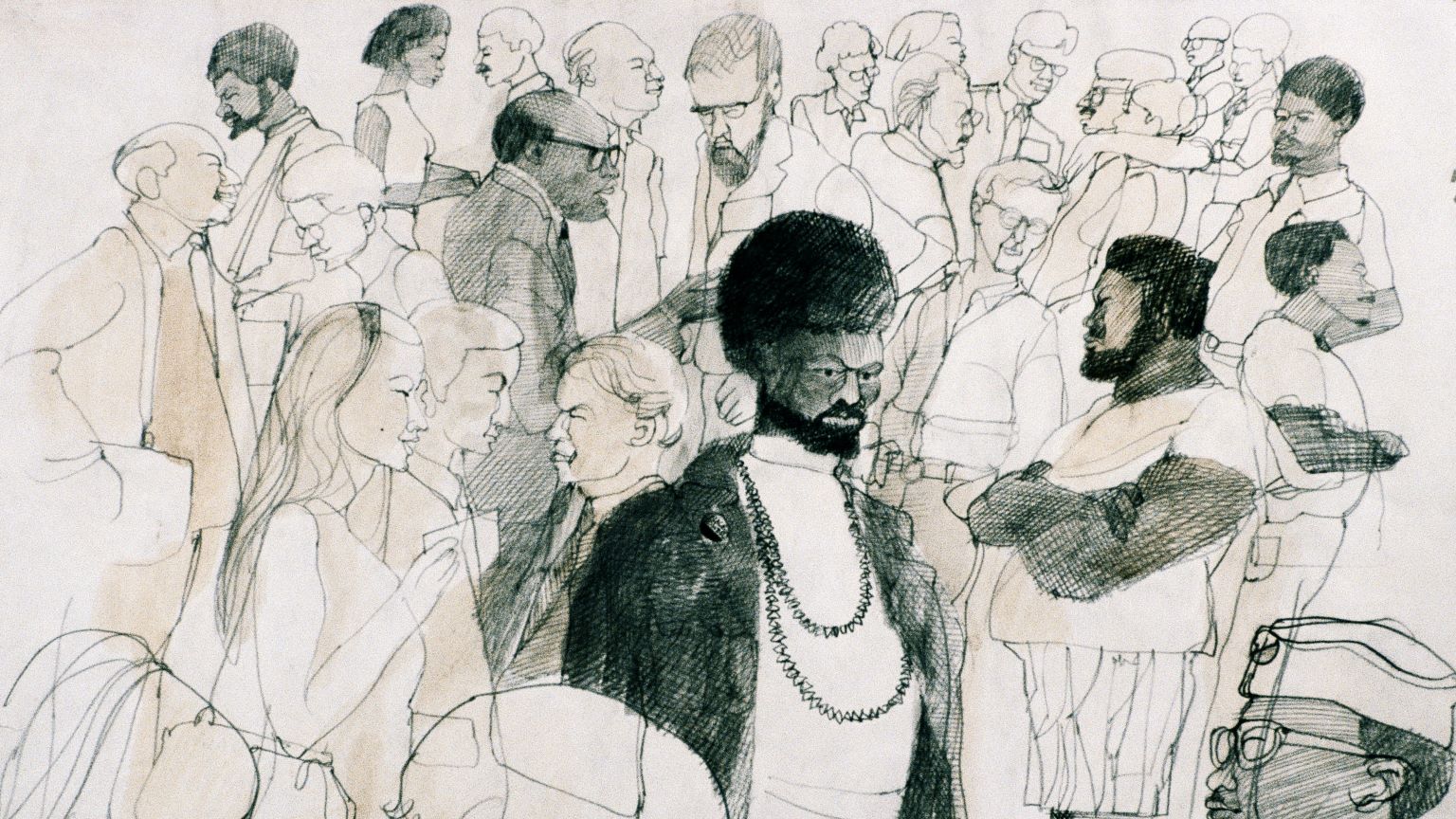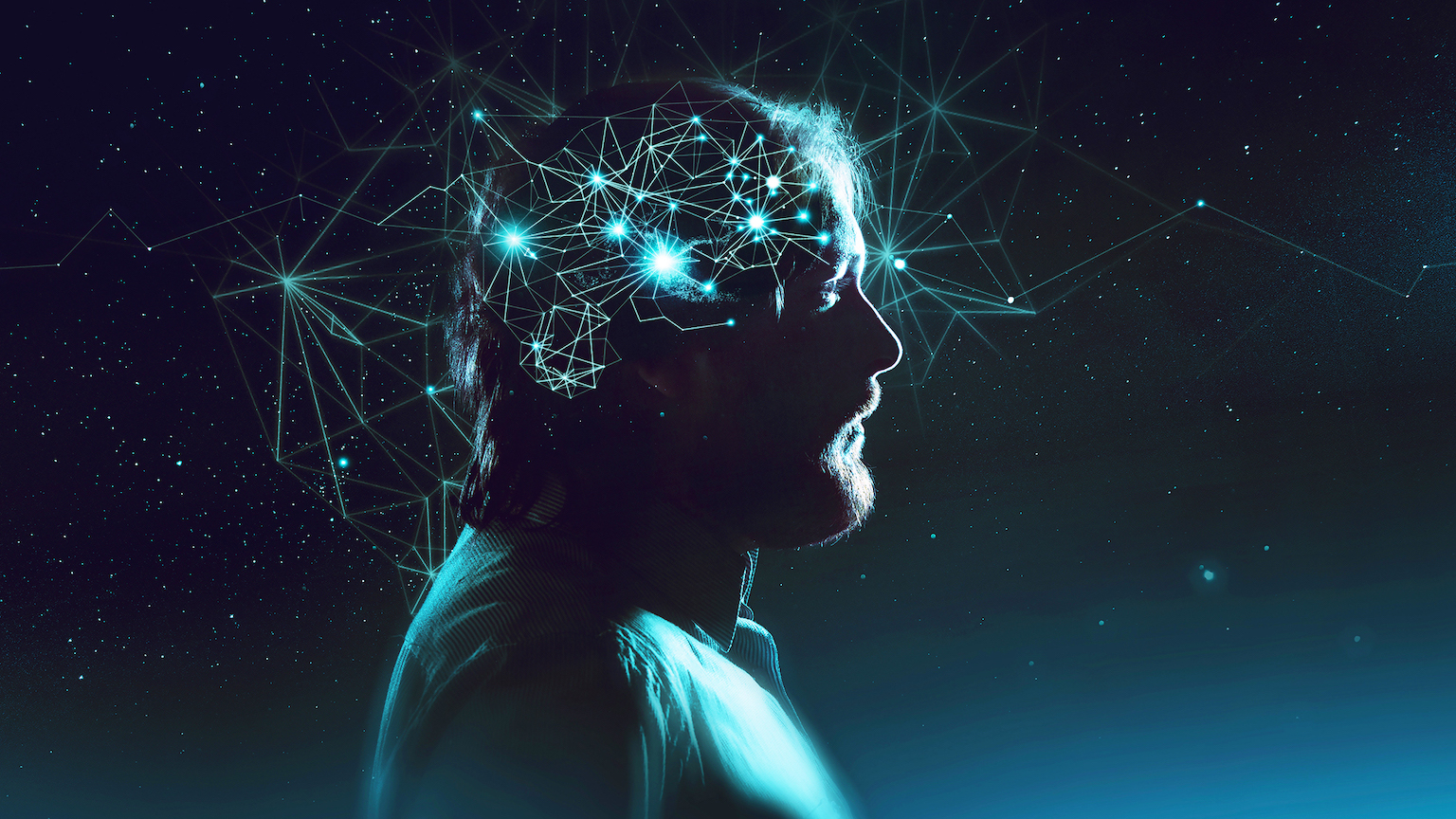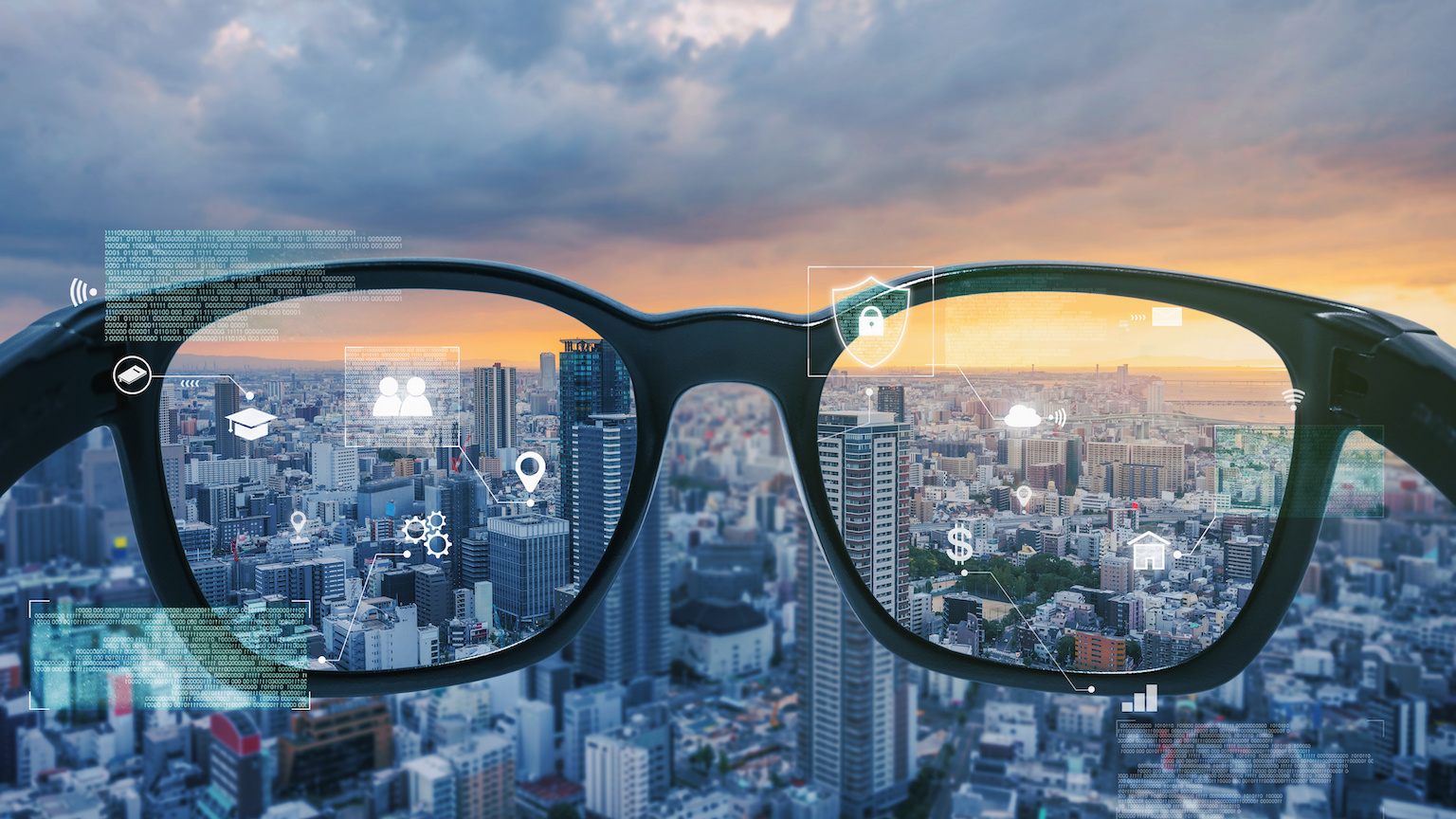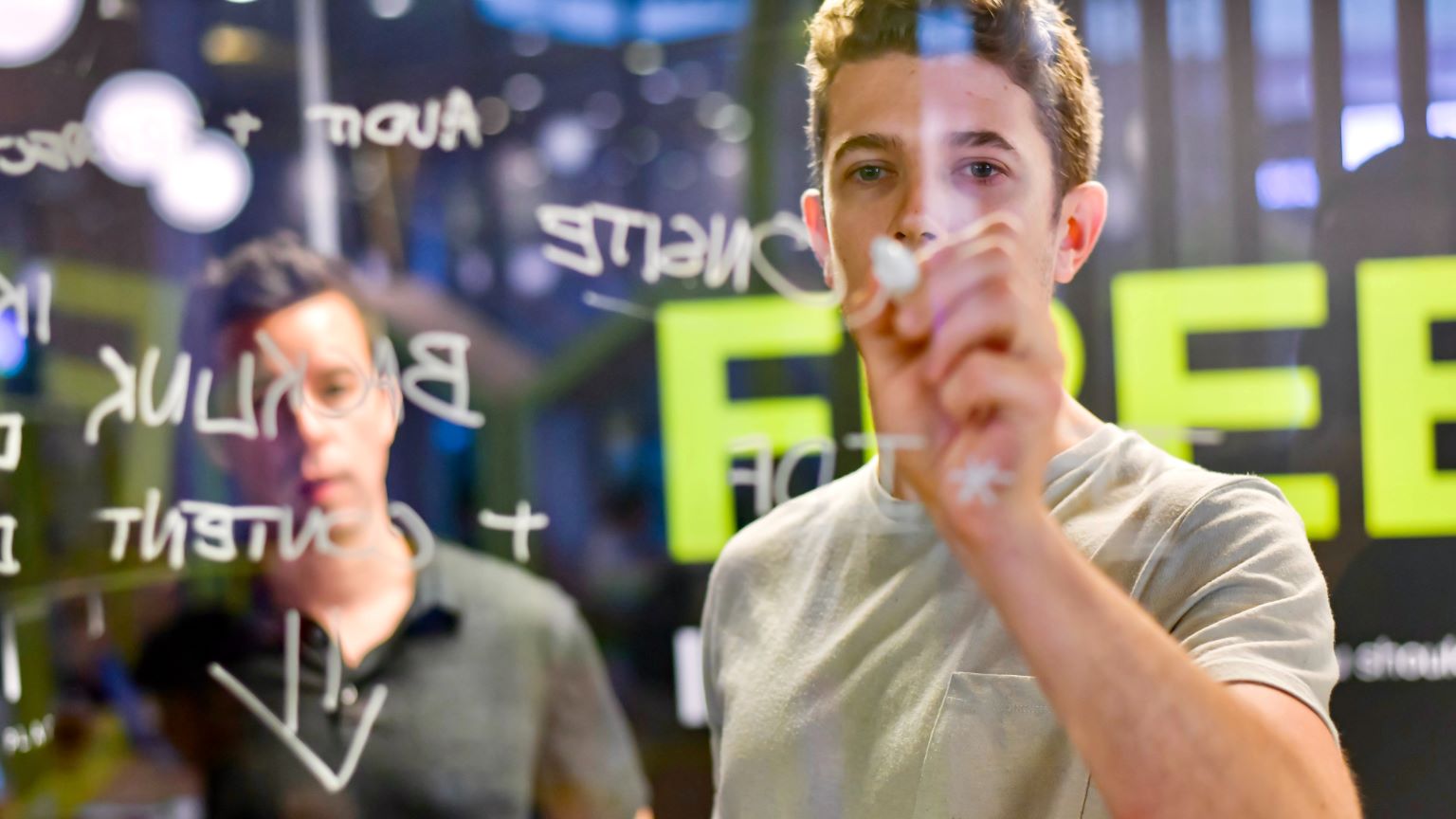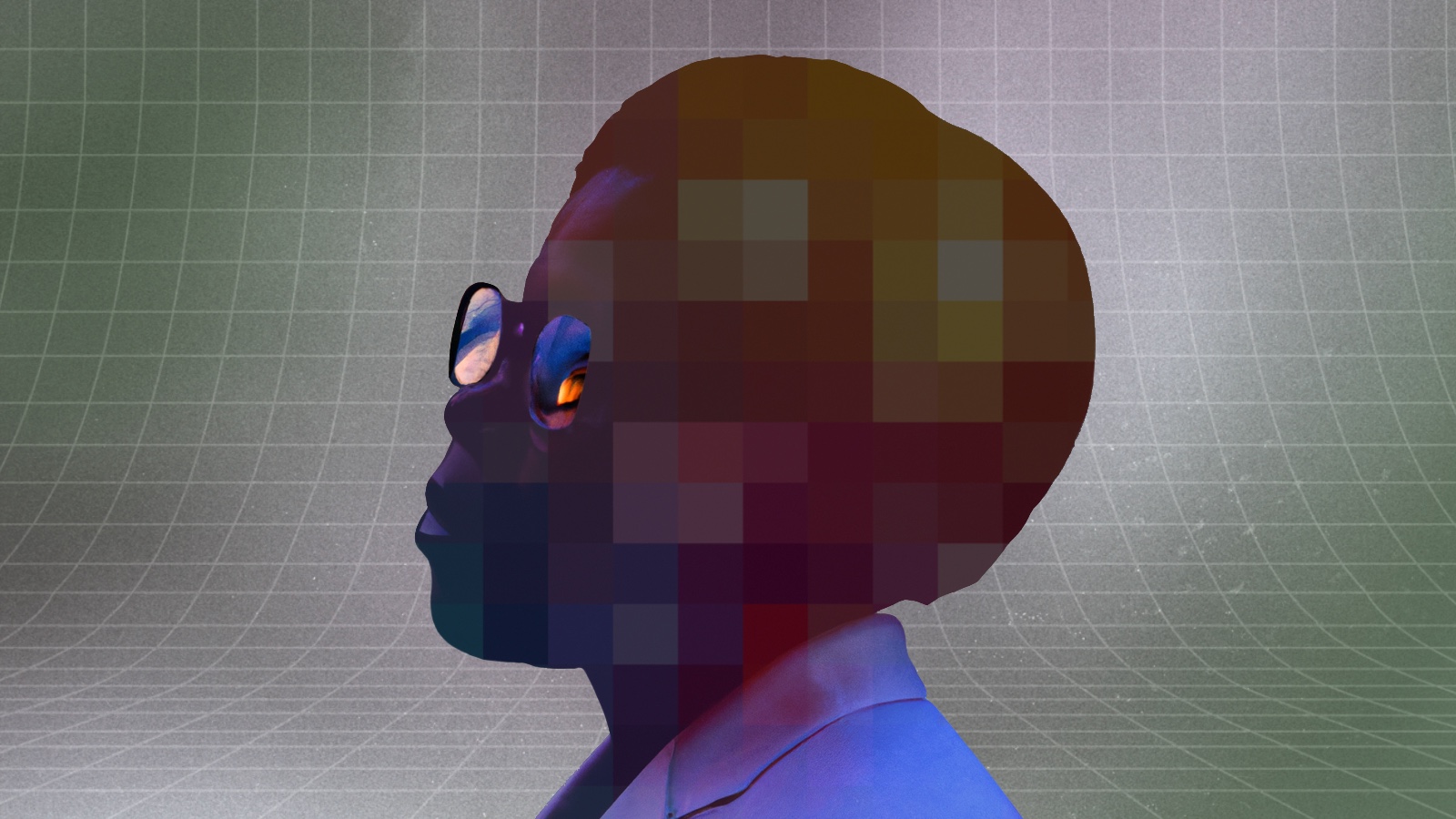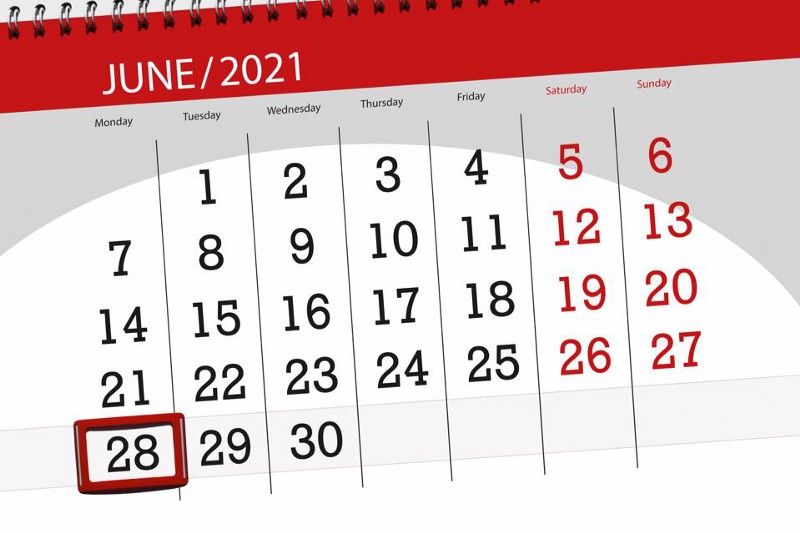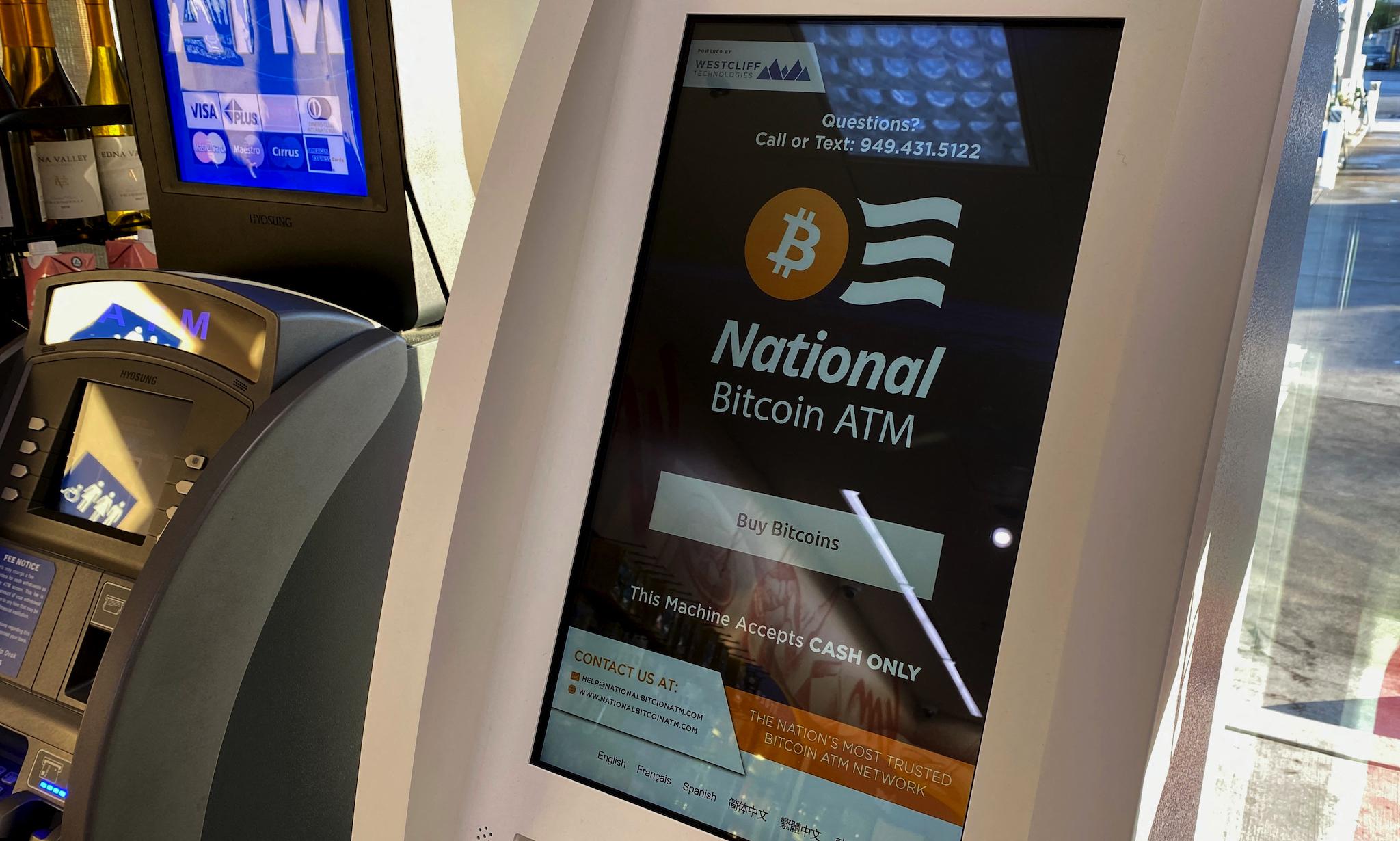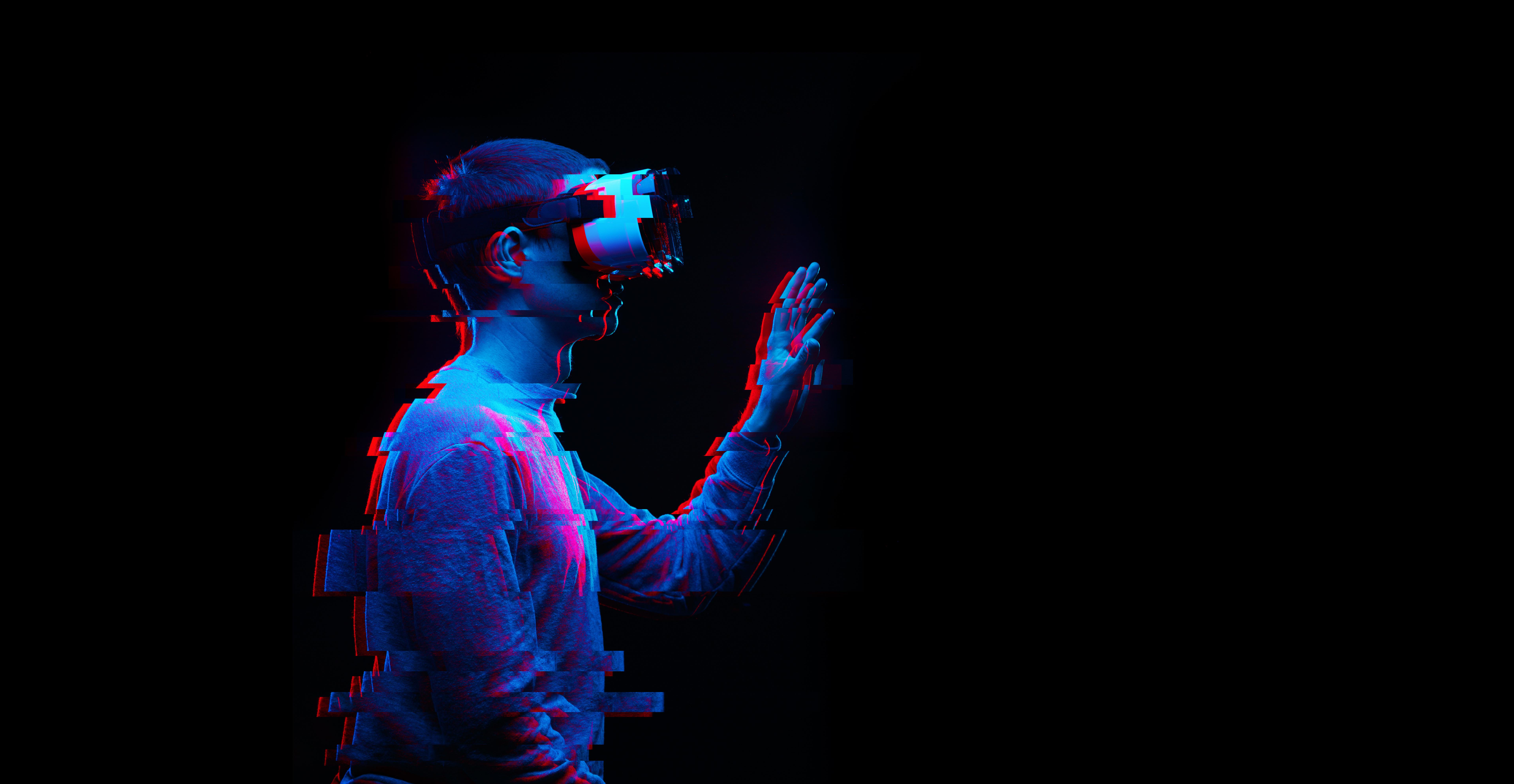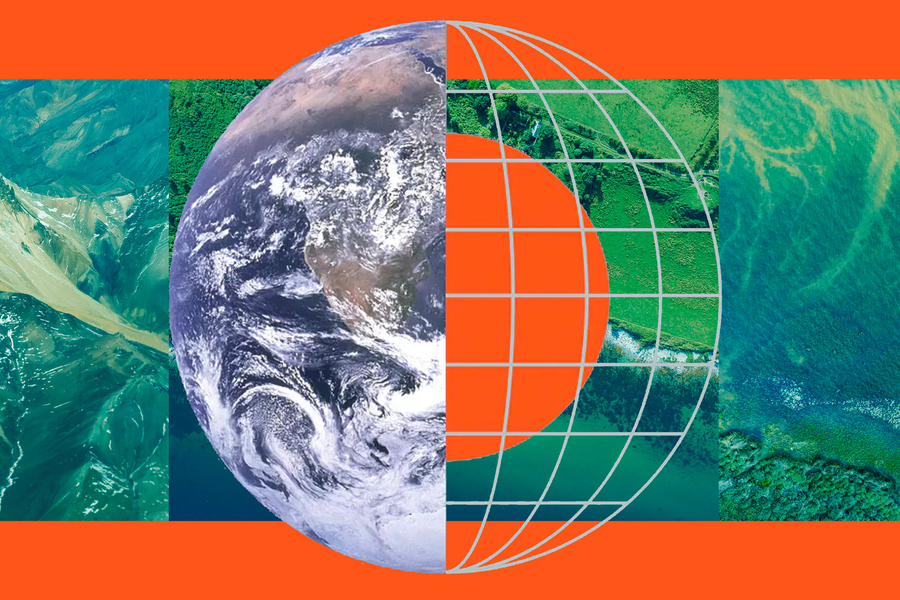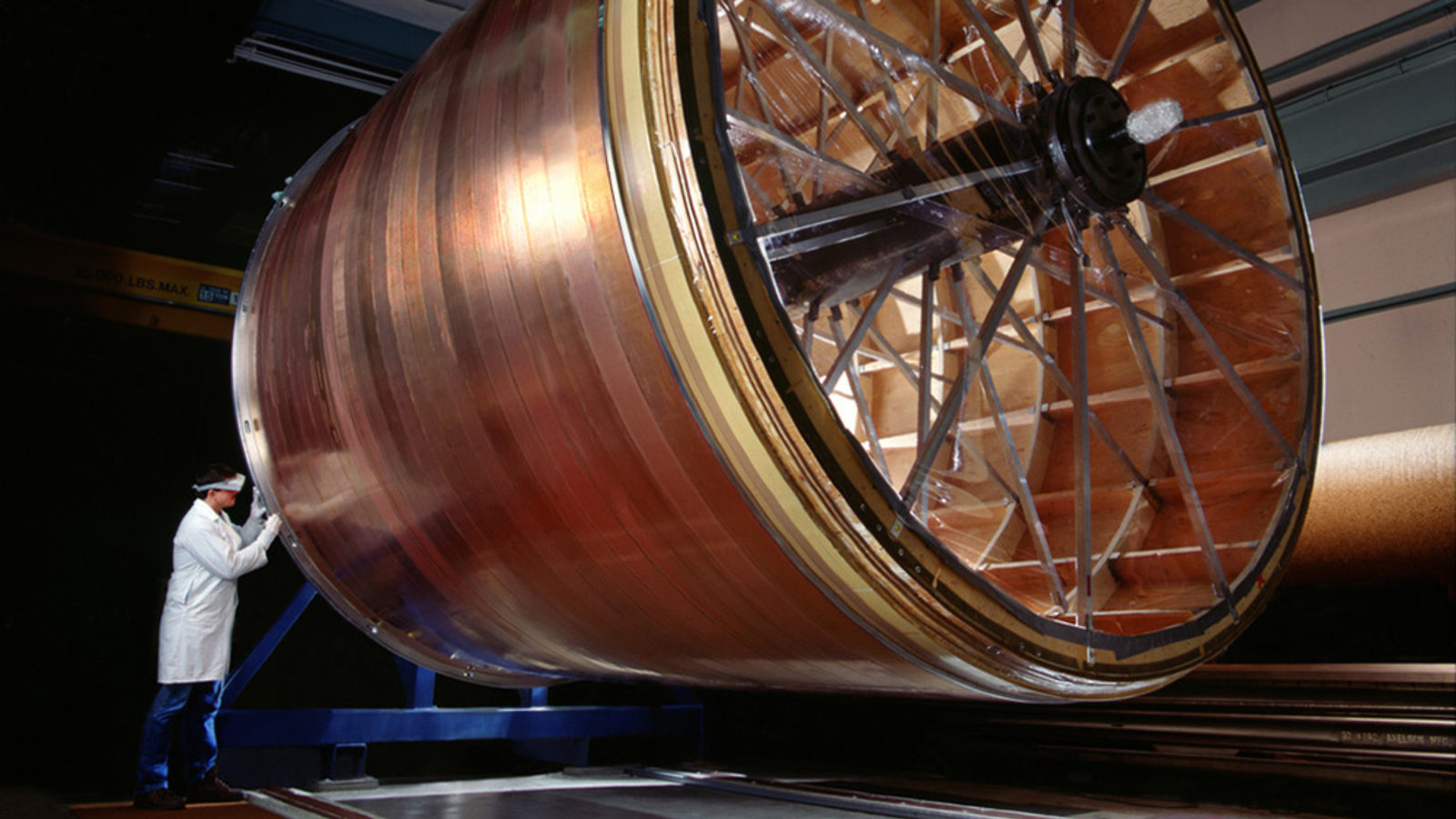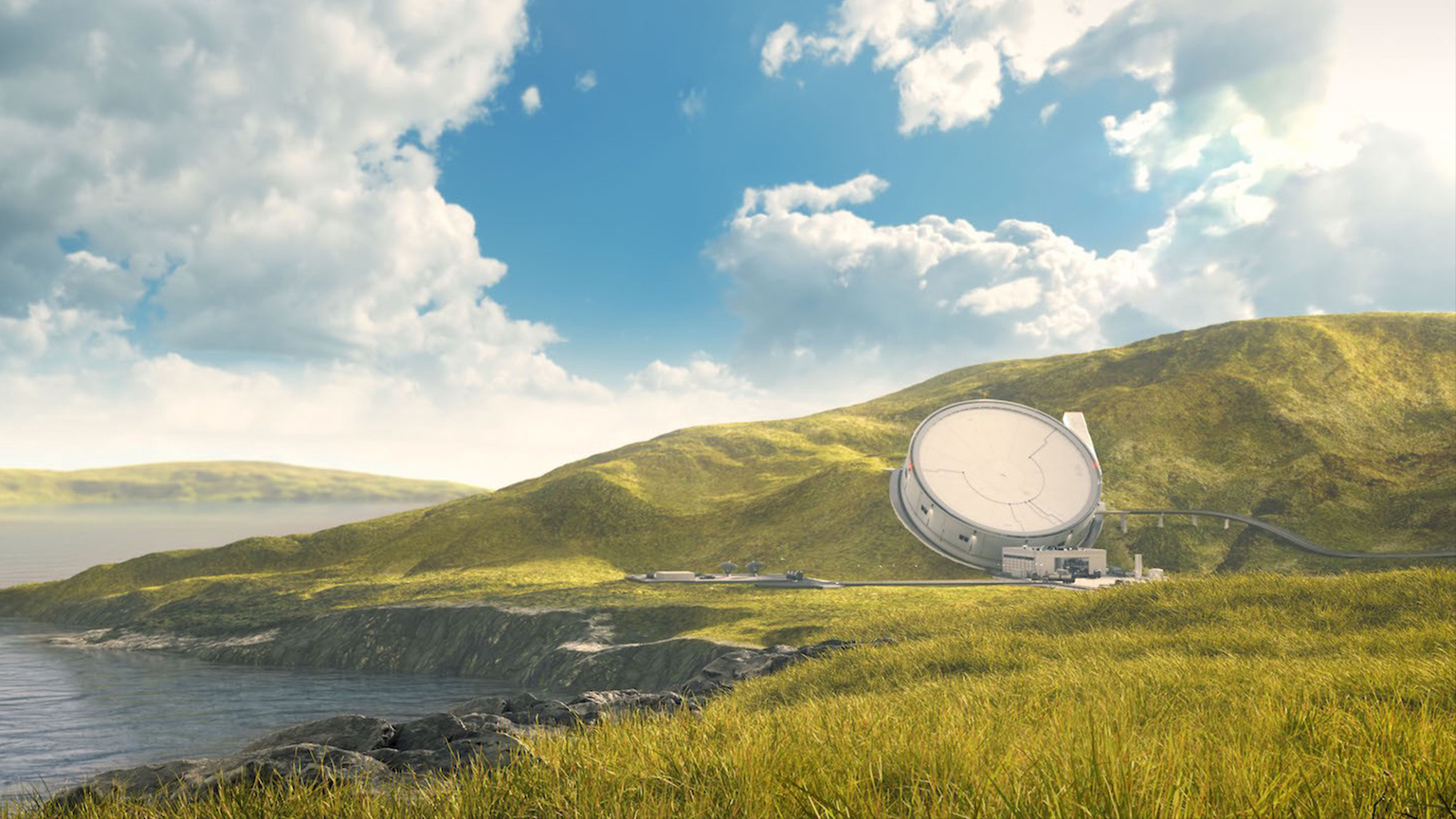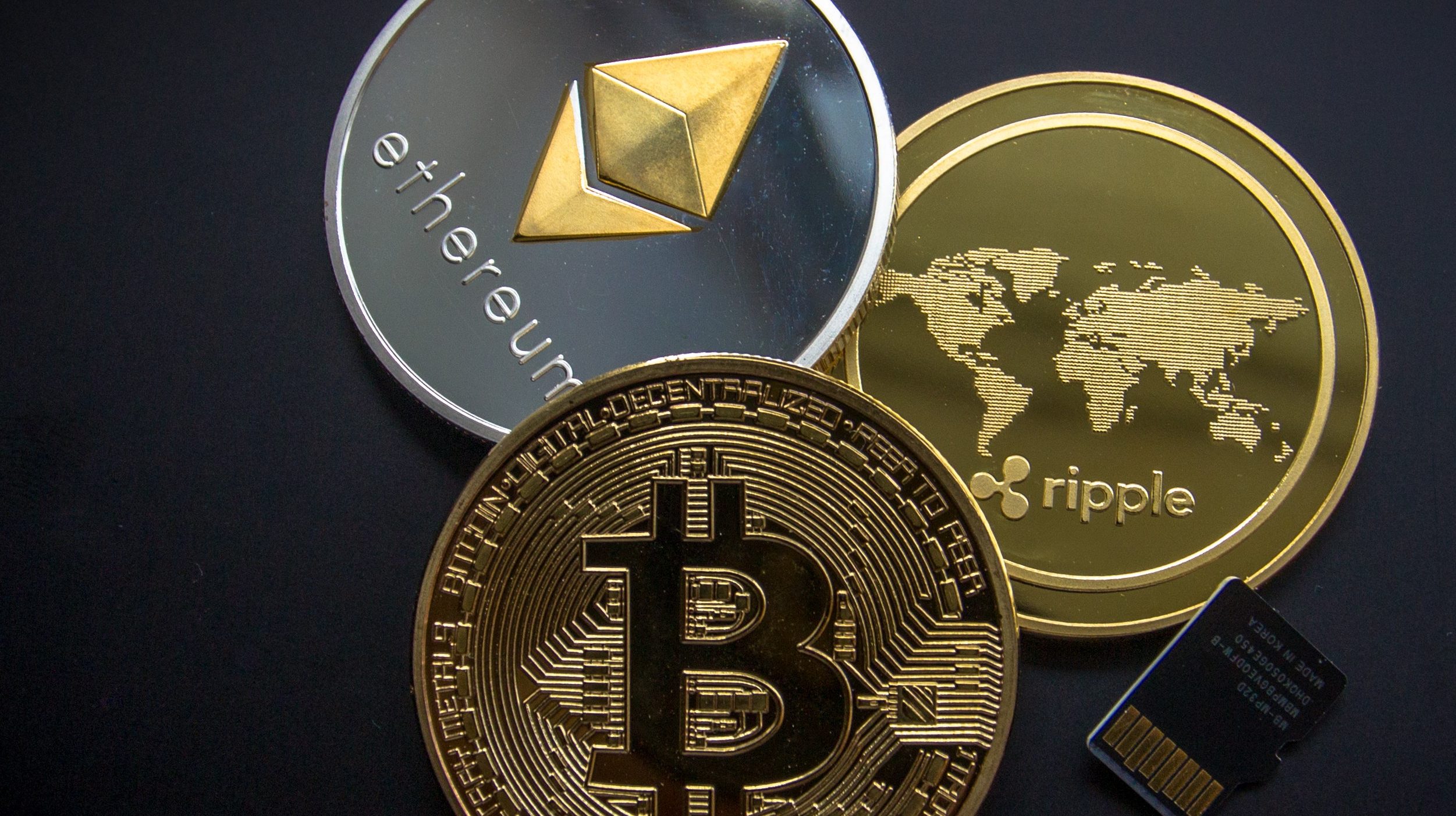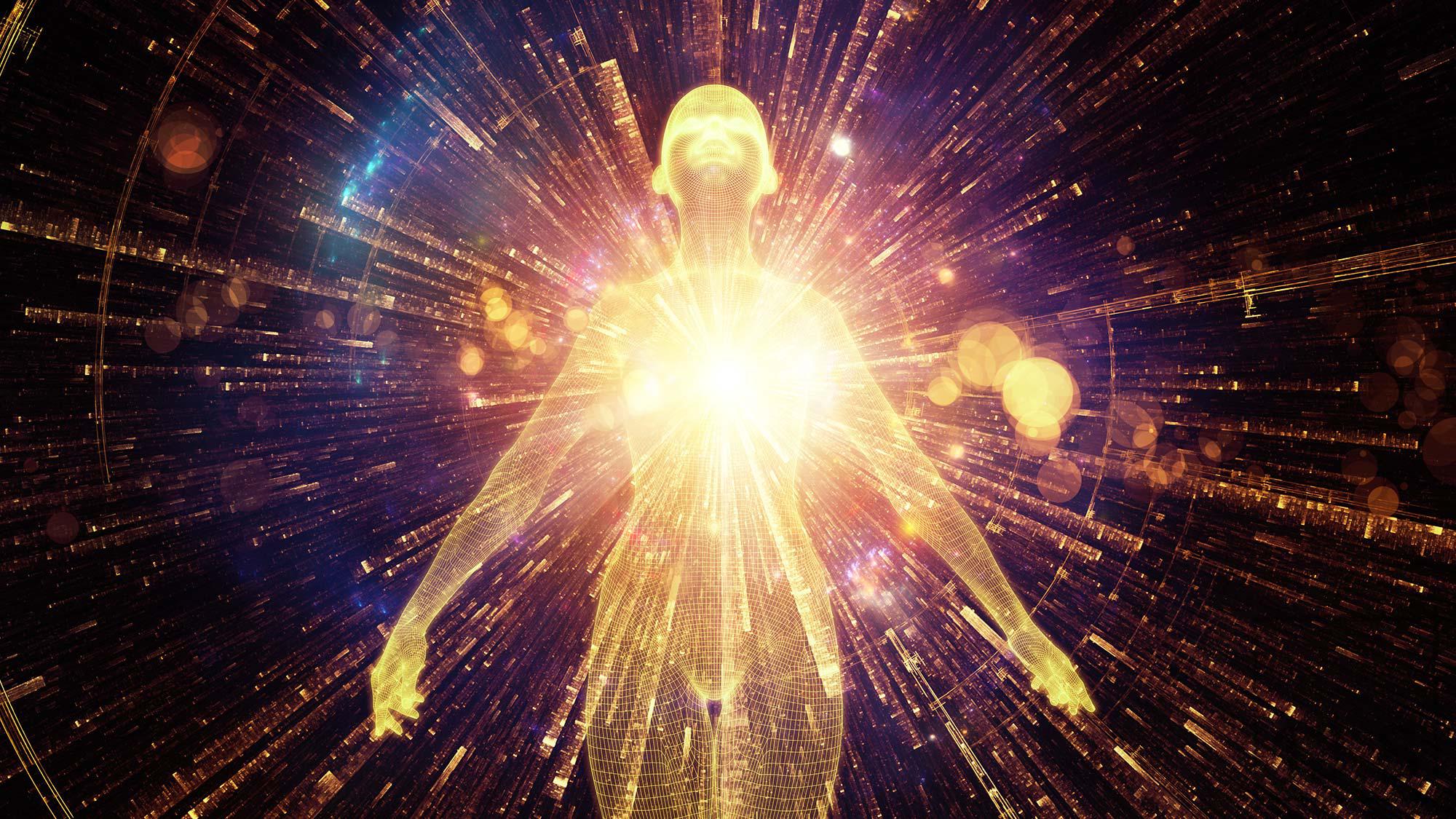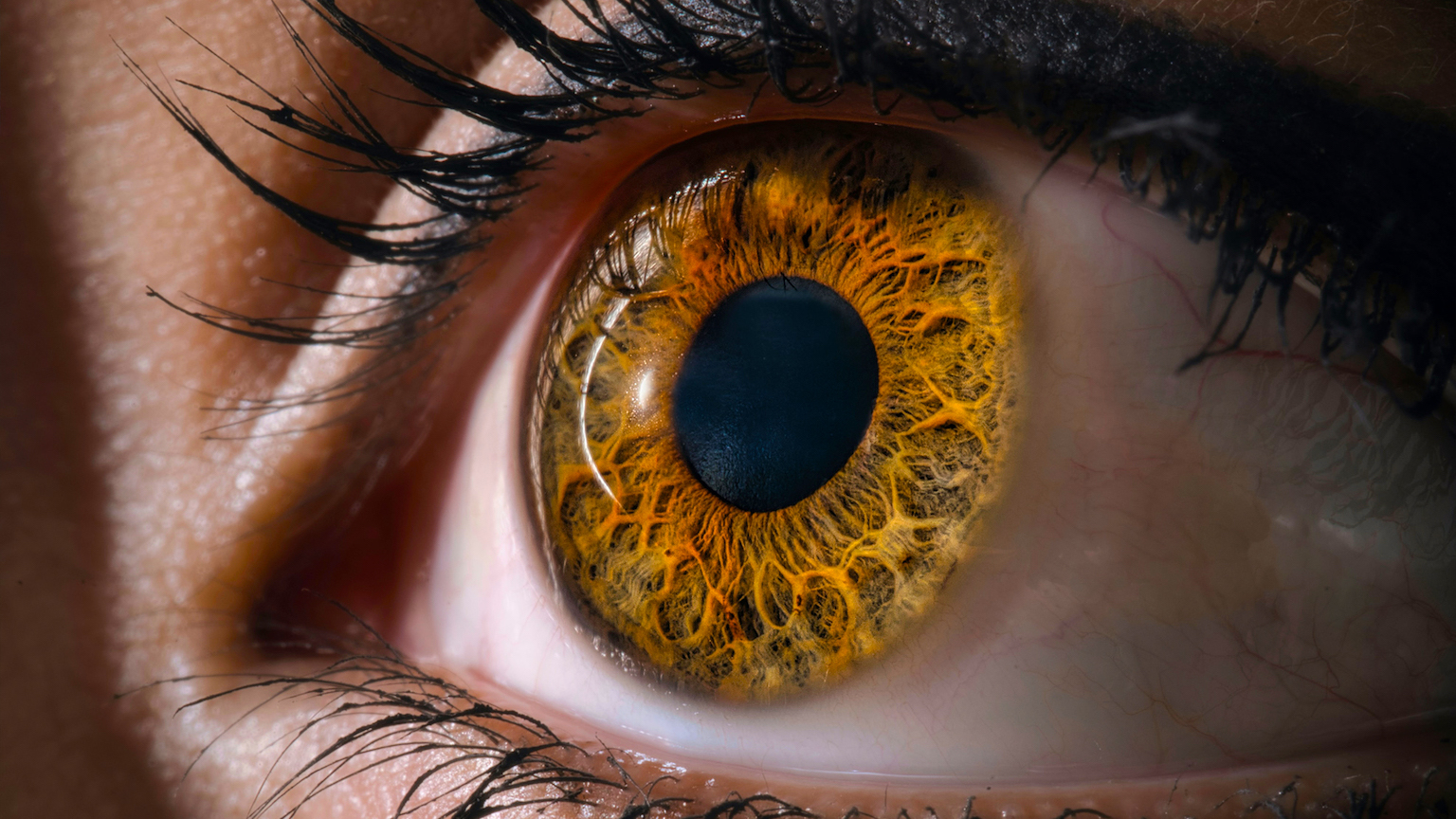Search Results
You searched for: Computers
How our brains interpret computer code could impact how we teach it.
Two very different ideas, wormholes and quantum entanglement, might be fundamentally related. What would “ER = EPR” mean for our Universe?
When you imitate the speech of others, there’s a thin line between whether it’s a social asset or faux pas.
We bring multifaceted selves to our interactions, and in these interactions co-create each other again and again.
Quantum mechanics + consciousness: There is nothing better than mixing two great mysteries to produce an even bigger one.
The Virtual Metaverse will be for gaming and other short duration uses, while the Augmented Metaverse will revolutionize society.
Easily distracted? Try a “distractibility delay.”
It’s not a huge leap to imagine we could target the biological processes that mediate our behaviours.
Ever lose track of time while doing something? It gets worse with a VR headset on.
Women have made incredible gains into STEM fields, but they continue to face gender biases in the workplace.
Whether you write it 6/28 or 28/6, it’s perfection either way. Perfection might be a wonderful thing to strive for in life, but achieving it is very rare. In the realm […]
Technology will not save the world, and it is inherently neither good nor bad. But, when tech is coupled to human virtue, good will prevail.
What makes a face trustworthy, anyway?
Bitcoin’s creator owns five percent of the entire Bitcoin supply, meaning that he has a larger percent of Bitcoin than the U.S. has of gold.
Two aspects of memory – fast updating and long lasting – are typically considered incompatible, yet the insects combined them.
Technology usually has more pros than cons, but every benefit still carries some risk.
Virtual reality continues to blur the line between the physical and the digital, and it will change our lives forever.
A rift in thinking about who should control powerful new technologies sent the brothers on diverging paths. For one, the story ended with a mission to bring science to the public.
Scientists successfully trained people to use robotic extra thumbs, suggesting body augmentation could revolutionize future humans.
The first nation to make bitcoin legal tender will use geothermal energy to mine it.
The paper-thin device may also someday be used to stimulate bone growth.
“I thought, why not direct these high-power beams, instead of into fusion plasma, down into rock and vaporize the hole?”
The great hope is that beyond the indirect, astrophysical evidence we have today, we’ll someday detect it directly. But what if we can’t?
Science has come a long way since Mary Shelley penned “Frankenstein.” But we still grapple with the same questions.
Besides offering an incredibly cool way to get stuff into space, SpinLaunch promises to reduce the cost of a launch by 20-fold.
Cryptocurrency “news” is dominated by enthusiasts and haters. Surely, an intellectual discussion can be had.
Our bodies crave more food if we haven’t had enough protein, and this can lead to a vicious cycle.
Information may not seem like something physical, yet it has become a central concern for physicists. A wonderful new book explores the importance of the “dataome” for the physical, biological, and human worlds.
We cannot deduce laws about a higher level of complexity by starting with a lower level of complexity. Here, reductionism meets a brick wall.



